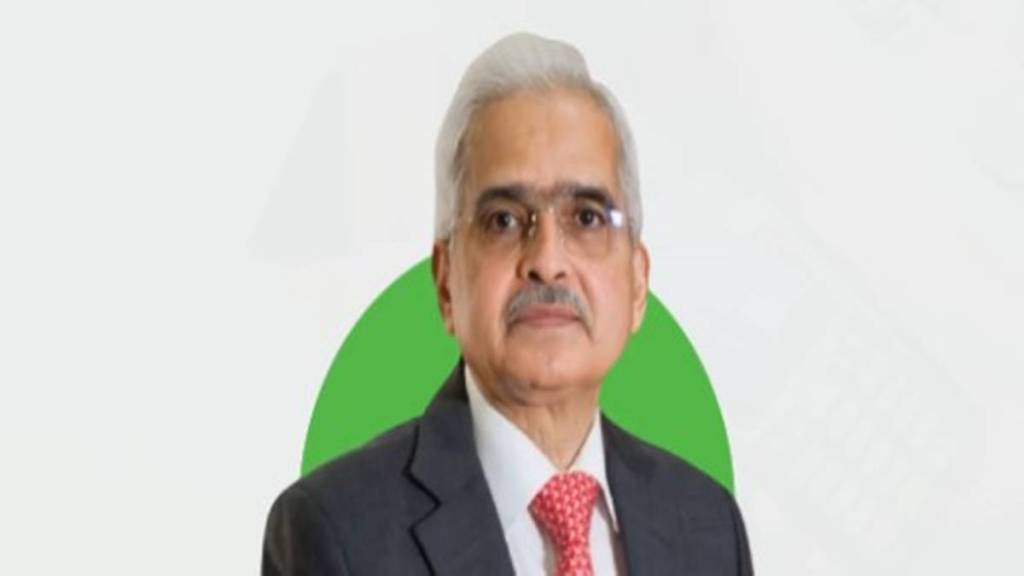Reserve Bank of India Governor Shaktikanta Das said on Friday that the slow growth in deposits could expose the financial system to structural liquidity issues. Speaking at the Financial Express Modern BFSI Summit here, Das said the gap between credit and deposit growth must be bridged
“There will always be a gap between the two. But credit growth should not run ahead of deposit growth by miles,” he said. He also warned banks that there has been a noticeable trend of households increasingly shifting their investments to capital markets and other financial intermediaries, even though bank deposits continue to remain dominant as a percentage of financial assets owned by the households.
The shift in deposit preferences from current account and savings account deposits (CASA) has various implications which banks need to keep in mind. “With credit growth remaining strong, banks need to continuously focus on improving and refining their credit underwriting standards and pricing of risks,” he said.
While defaults in the agricultural credit were the highest at 6.4% in FY24, Das said that they have come down from over 10% a few years. Also, an expected credit loss framework was in the works.
Das said that the banking regulator will continue to unambiguously focus on inflation. “We are mandated to maintain price stability keeping in mind the objective of growth,” Das said, adding in all the monetary policy decisions, growth has always been kept in mind.
He also explained that the neutral rate of 0.8 to 1% was in the aftermath of Covid where the potential growth was low. Now with Covid well behind, and the potential growth up, the range of neutral rate is between 1.4% and 1.9%. So even if one were to argue that the real rate is high, it is not so.
“Our target is inflation and we are supposed to keep growth in mind. The target is not neutral interest rate that is subject to a lot of uncertainty. It is dependent of your assessment of potential growth versus mine versus someone else’s… Neutral rates etc. are theoretical, abstract concepts that cannot determine policy in the real world,” said Das.
He also added that “a stable inflation at 4% will be the biggest contributor to our GDP”.
Asked about the central bank’s relationship with the government, which went through a tough phase before he joined, he said, “No one expects RBI to be a cheerleader for the government. I have had no such experience. The co-ordination between the RBI and government during crisis times like the Covid ensured that our economy revived and very fast.
Difference of opinion between the monetary and fiscal authorities is inherent in the system. But what we have done is sort of discuss and whenever there are difference of opinion, they have been resolved,” said Das.
Das also said the central bank continues to be wary of allowing industrial houses to run banks, saying it is difficult to prevent related party transactions. “India doesn’t need proliferation of banks, but sound and well governed banks,” he said, adding that the on-tap facility for universal bank licences continues to be open for those qualifying as fit and proper.
Das asked banks and non-banks to use their regulatory freedom “responsibly” to maintain fair and transparent pricing of small-value loans. Unfair practices on microfinance loans would “compel us to have a re-look at the revised regulatory framework for microfinance loans, which were issued in March 2020,” he added.
Private credit as a preferred alternative mode of capital mobilisation is growing rapidly and is emerging as an attractive investment avenue for investors with high-risk appetite, Das said.
“While risks appear to be contained at present, it is important to bear in mind that vulnerabilities and interconnectedness in these markets can amplify negative shocks and pose financial stability concerns,” he warned.
Das acknowledged the challenge posed by climate change to economic growth.
The RBI is preparing plans to tackle climate-related risks and provide climate financing. He cautioned against the risk of green washing and emphasised the need for vigilance in this area.
Asked if he is open for a new term at Mint Road, Das said he is very focused on the current assignment and does not think of anything outside that.


